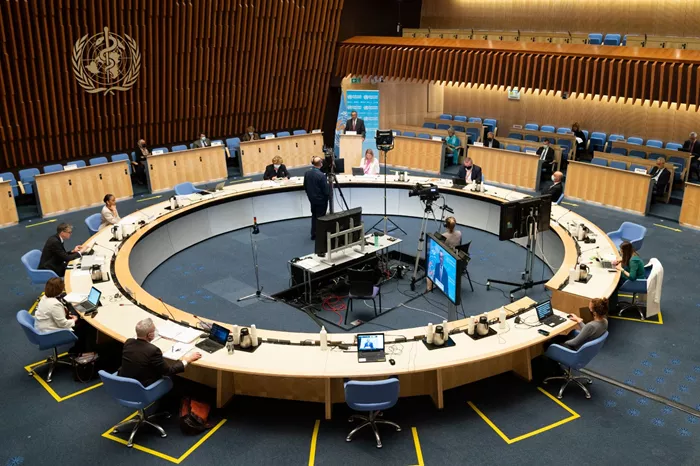At the seventy-eighth World Health Assembly, countries agreed on two key resolutions aimed at improving nutrition for mothers, infants, and young children. The first resolution extends the comprehensive implementation plan on maternal, infant, and child nutrition through 2030. Originally adopted in 2012, this plan builds on progress made so far while recognizing existing gaps. It introduces new ways to track important factors such as dietary diversity and breastfeeding. The updated plan also raises targets in areas where significant progress has been achieved, including exclusive breastfeeding rates and reducing overweight among young children.
The 2030 targets include reducing stunting in children under five by 40% compared to 2012 levels, cutting anemia in women of reproductive age by 50%, lowering the rate of low birth weight by 30%, keeping overweight and wasting in children under five below 5%, and increasing exclusive breastfeeding during the first six months to at least 60%. The resolution emphasizes that progress requires more than just extending targets; it calls for scaled-up efforts across all sectors, strengthening healthcare workers’ capacity, and implementing fiscal policies such as taxes on sugary drinks. The timeline aligns with the Sustainable Development Goals, enabling countries to better respond to emerging challenges like climate change, economic crises, rising food prices, and internal displacement, all of which impact nutrition.
A representative from Ireland, who co-sponsored the resolution with Ethiopia, highlighted the urgency by noting that in 2024, approximately 148 million children under five suffered from stunting, 45 million were wasted, and 37 million were overweight or obese. This amounts to nearly 240 million children worldwide who are being denied the chance to reach their full potential. In addition to the nutrition plan, countries agreed to strengthen regulations on the digital marketing of breast-milk substitutes. The International Code of Marketing of Breast-milk Substitutes, adopted in 1981, was designed to protect mothers and caregivers from aggressive and misleading marketing by the baby food industry. However, new digital marketing methods, especially through social media influencers and online platforms, have made enforcement more challenging.
The 2025 resolution calls for stronger and better-coordinated regulations to protect infant and child health during the critical first 1,000 days of life. It urges countries to invest in effective monitoring and enforcement systems to control digital marketing practices. A representative from the FDI World Dental Federation, an official non-state actor with WHO, emphasized that optimal breastfeeding not only provides essential nutrition but also reduces children’s exposure to free sugars. Breastfeeding is a powerful, cost-effective intervention to lower lifelong risks of chronic diseases. The representative applauded the new operational targets focusing on early breastfeeding initiation, counseling on infant and young child feeding, and tracking children’s consumption of sugary drinks.
Malnutrition in all its forms poses a serious threat to human health, particularly for infants, young children, and adolescents, as nutrition at these stages has lifelong consequences. Together, these agreements send a clear message that maternal, infant, and young child nutrition must be prioritized in national health policies and plans. They also underline the urgent need to regulate, monitor, and enforce rules against digital marketing of breast-milk substitutes. Children are the foundation of our shared future, and these resolutions reflect a global commitment to giving every child the best possible chance to reach their full potential.
Related Topics:
Air India Flight Emergency Sparks Call For Better Medical Kits


